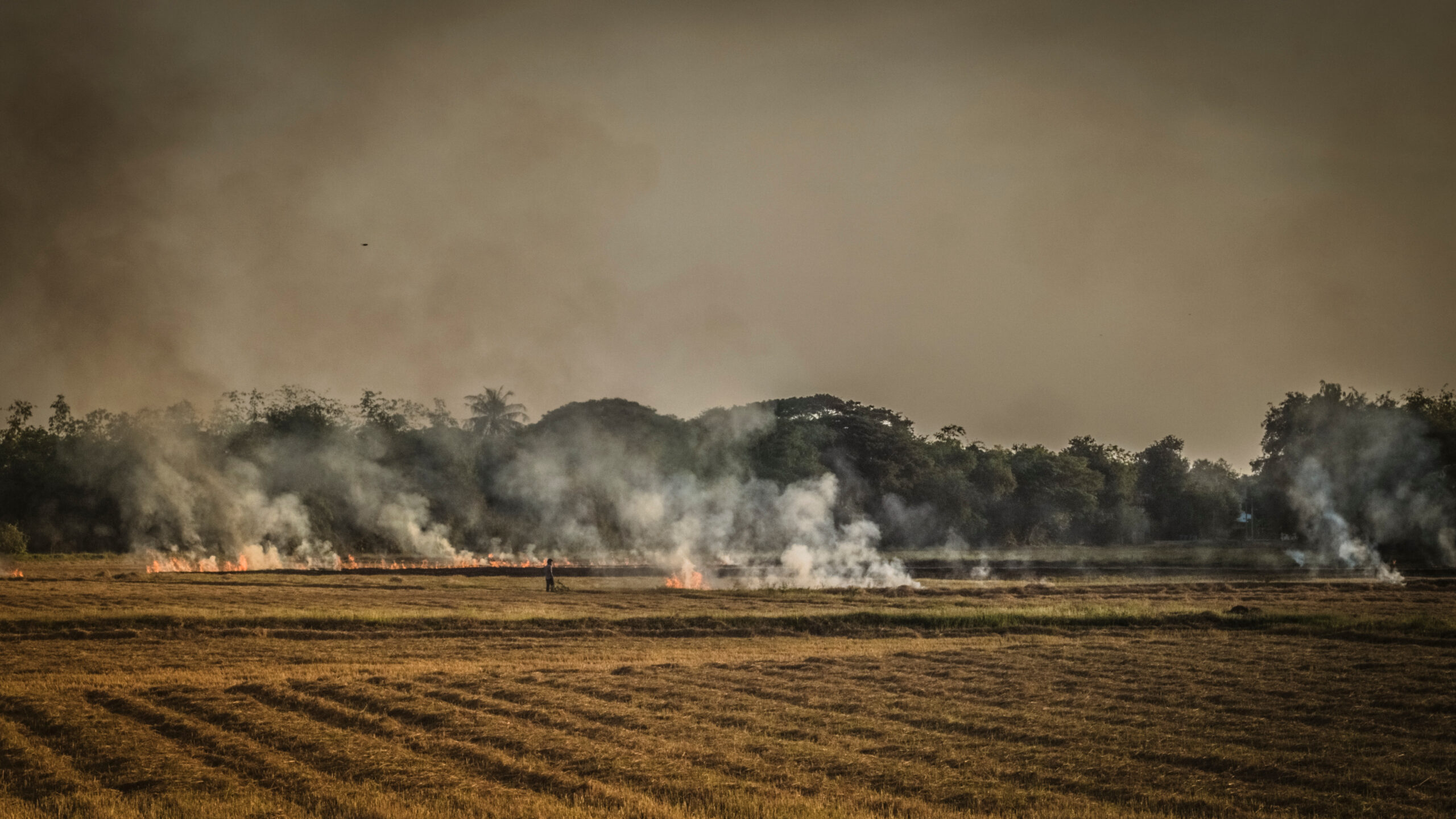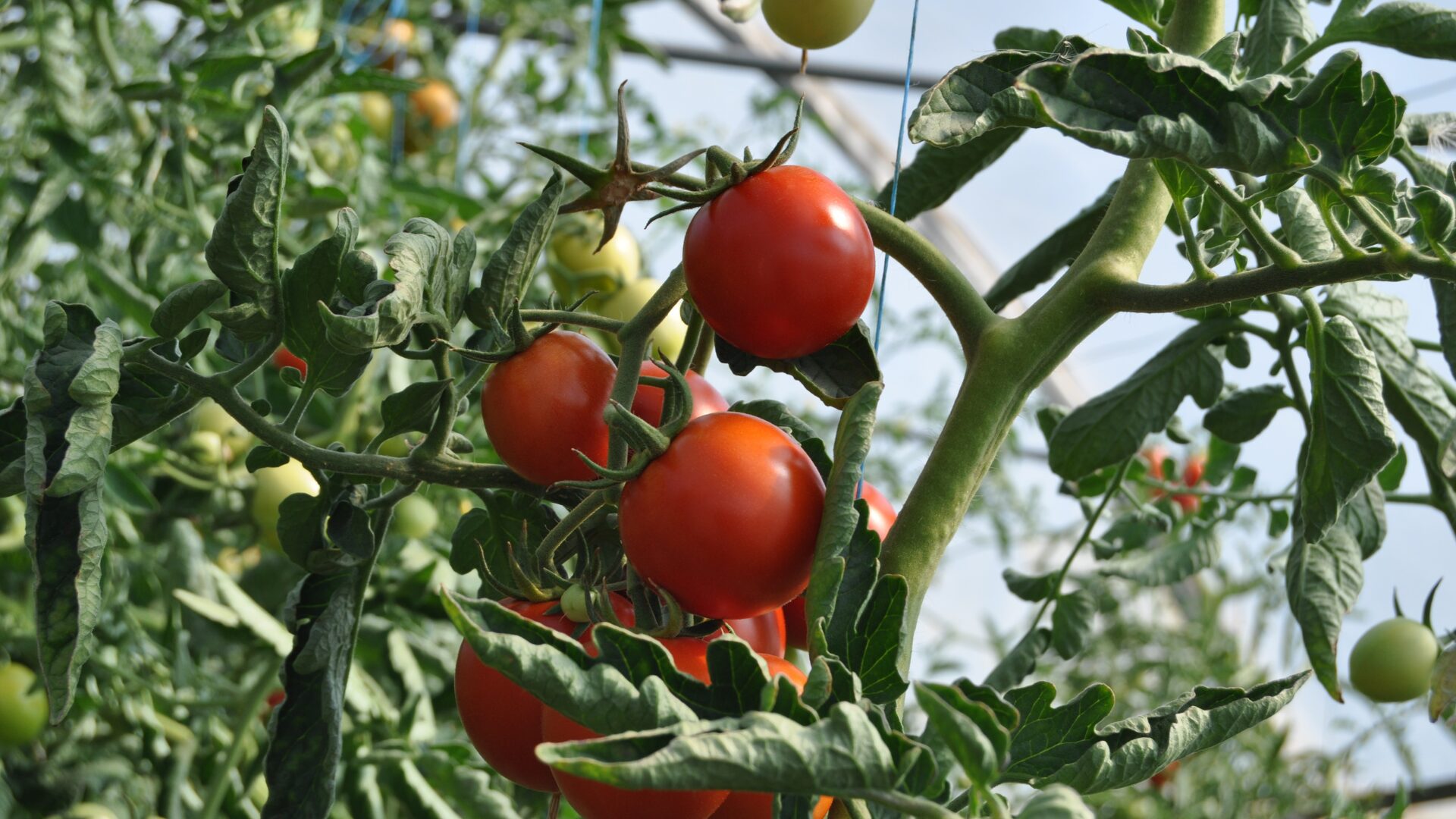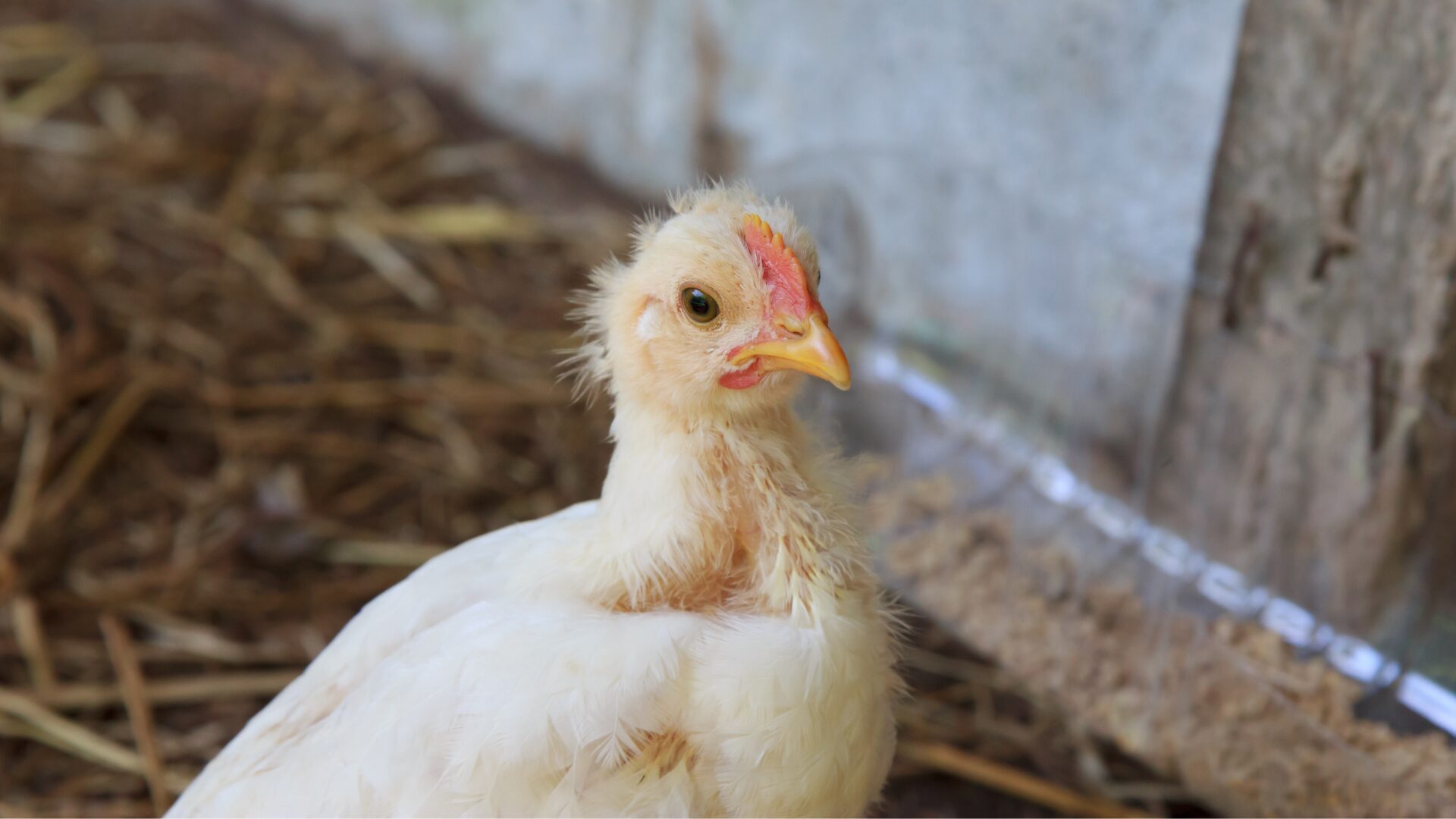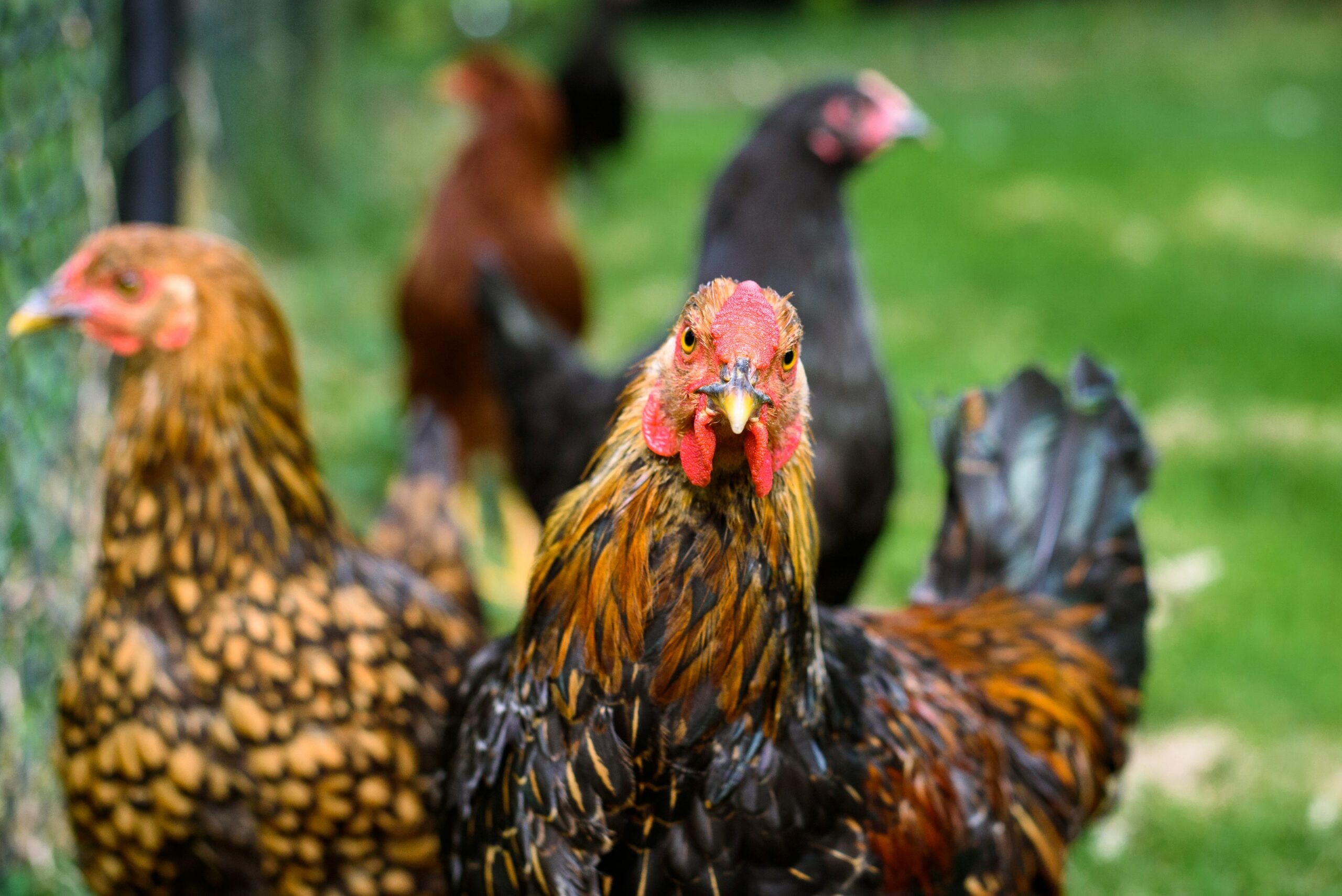Several university extension services are warning wildfires could have a significant impact on the coming growing season.
The warnings come as the Texas Panhandle Smokehouse Creek fire – the largest in state and second-largest in U.S. history – was declared 100% contained by the Texas A&M Forest Service after destroying more than 1 million acres in Texas and Oklahoma. It killed two people and thousands of head of livestock, The Texas Tribune reported (March 16). The fire began Feb. 26, and Xcel Energy equipment is believed responsible for igniting the blaze.
Agriculture Secretary Tom Vilsack announced aid to help farmers, ranchers, and residents of the stricken region.
“We will do everything we can to support farmers, ranchers, and impacted communities on the long road to recovery,” Vilsack said, adding that emergency loans and assistance for livestock losses would be available. The Small Business Administration already has begun outreach.
The university extension services noted particulates from wildfires affect the amount of bright sunlight available to plants, which could negatively affect photosynthesis, by as much as 15%, reducing yields. Gases can increase plant stress, and every crop has a different response.
IQAir issued a report saying last year’s Canadian wildfires destroyed Canada’s ranking as the North American country with the cleanest air.
“Our top 13 most polluted cities [in North America] are actually in Canada,” Glory Dolphis Mammes, CEO of IQAir North America, told The Weather Network (March 19).
In other agriculture news:
Baltimore Bridge Collapse: The emergency closure of Baltimore’s port because of the collapse of the Francis Scott Key bridge could have a severe impact on farmers as the growing season approaches. Dean Croke of DAT Freight & Analytics told Bloomberg the port has become the leading port for the import of combines, tractors, hay balers, excavators and backhoes. The bridge collapsed after a massive container ship plowed into one of its supports on March 26.
Bird flu: A baby goat near a farm where the poultry flock tested positive for highly pathogenic avian influenza also has tested positive, marking the first time the U.S. has detected the viral disease in a domestic ruminant, the Minnesota Board of Animal Health revealed. AgWeek reported (March 20) all animals on the farm in Stevens County in the west-central part of the state have been quarantined.
“This finding is significant because, while the spring migration is definitely a higher risk transmission period for poultry, it highlights the possibility of the virus infecting other animals on farms with multiple species,” Brian Hoefs, state veterinarian, said in a news release. “Thankfully, research to-date has shown mammals appear to be dead-end hosts, which means they’re unlikely to spread HPAI further.”
Agrifoodtech: The Global AgriFoodTech Investment 2024 report finds agrifoodtech startup investment at the lowest level in six years, with the decline particularly severe in Asia and the U.S. AFN reported (March 12) agrifoodtech fell by half between 2022 and 2023, with investors fleeing the sector. Funding for upstream startups, however, is up, totaling 62% of overall dollar investment. Investment in bioenergy and biomaterials also gained, up 20%.
Organic pesticide: Japanese researchers say plant-based essential oils enriched with terpenoids are a safe and effective pesticide for organic crops, Scitech Daily reported (March 24). The researchers at Tokyo University of Science measured the efficacy of 11 essential oils in helping tomatoes fight off insects. “EOs used as fragrances for various purposes contain odor components, which may have the ability to work like volatile compounds in conferring pest resistance,” said Professor Gen-ichiro Arimura of the Department of Biological Science and Technology. The researchers observed a 45.5% reduction in tomato pest damage in field studies. The findings were published in the Journal of Agriculture and Food Chemistry.











